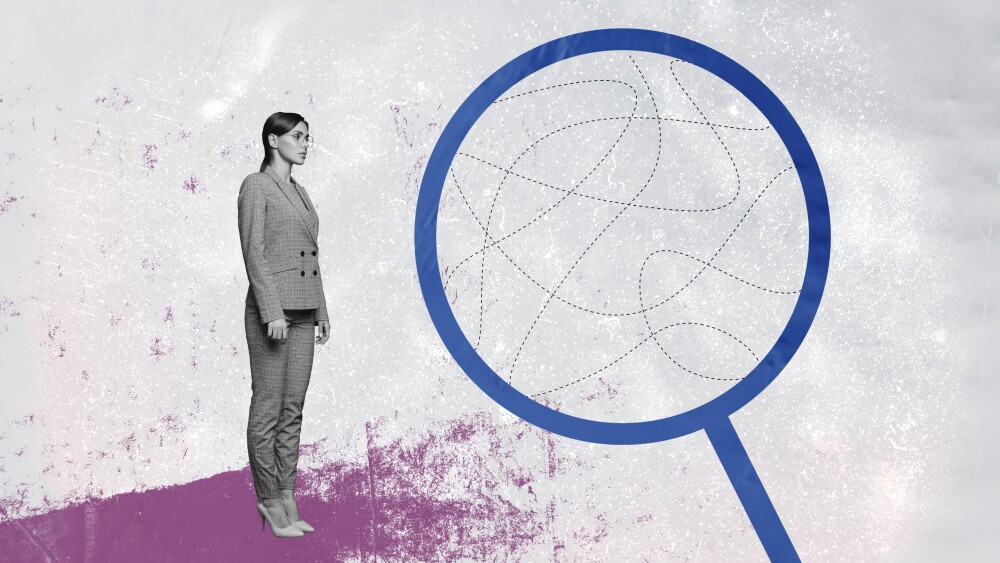The CLASSIC II study enrolled an adult AML patient population with one or more unfavorable prognostic factors which predict for poor outcomes with standard 7+3 (cytarabine combined with an anthracycline) induction chemotherapy.
The new estimated median overall survival (OS) data in the CLASSIC II study was 72 weeks, or roughly 18 months, for patients who achieved complete remission, and 59 weeks, or nearly 15 months, for patients who achieved overall remission, defined as complete remission (CR), or complete remission with incomplete platelet recovery (CRp). The estimated median OS for all patients regardless of response was 41 weeks.
The new estimated median duration of remission (DOR) data and disease free survival (DFS) data from the CLASSIC II study suggested that Clolar produced durable remissions in this patient population. The estimated median DOR was 56 weeks for patients who achieved overall remission. The estimated median DFS was 37 weeks. The DFS estimate measures time from remission until relapse or death, regardless of alternative therapy, while the DOR estimate censors patients who initiate another leukemia therapy while in remission.
“These new data, combined with the drug’s favorable 30-day all cause mortality profile, are extremely encouraging for this older patient population,” said Harry P. Erba, M.D, Ph.D., University of Michigan, one of the co-principal investigators of the CLASSIC II study and author of the abstract presented at ASCO.
The 30-day all-cause mortality in the CLASSIC II study was 9.8 percent.
Adult AML is the most common type of acute leukemia in adults. The disease begins with the proliferation of abnormal, immature blood-forming blast cells in a patient’s bone marrow. These abnormal cells interfere with the production of normal oxygen-carrying red blood cells, infection-fighting white blood cells, and platelets that prevent bleeding by causing blood clots. As an acute disease, AML progresses rapidly and is typically fatal within weeks or months if left untreated. Unfortunately, only a minority of patients are cured with current therapy.
The CLASSIC II study included a patient population with at least one of four pre-defined risk factors: age of 70 years or older, a pre-existing blood disorder, poor performance status, or intermediate or unfavorable cytogenetics. Seventy-eight percent of patients in the trial had more than one of these unfavorable risk factors.
As reported earlier, the overall remission rate in the CLASSIC II study was 48 percent for patients with one pre-defined risk factor, 52 percent for patients with two pre-defined risk factors, and 36 percent for patients with three pre-defined risk factors. Most patients who responded to treatment achieved remission after one cycle.
The study also demonstrated that the toxicity profile of clofarabine was predictable and manageable. Drug-related adverse events occurring in more than 10 percent of patients included nausea, febrile neutropenia, vomiting, diarrhea and rash; most were grade 1 or 2. Febrile neutropenia, as expected, was the most common Grade 3 or 4 adverse event. Seven of 112 patients discontinued treatment due to an adverse event or toxicity precluding further therapy.
About Genzyme
One of the world's leading biotechnology companies, Genzyme is dedicated to making a major positive impact on the lives of people with serious diseases. Since 1981, the company has grown from a small start-up to a diversified enterprise with more than 11,000 employees in locations spanning the globe and 2008 revenues of $4.6 billion.
With many established products and services helping patients in approximately 100 countries, Genzyme is a leader in the effort to develop and apply the most advanced technologies in the life sciences. The company's products and services are focused on rare inherited disorders, kidney disease, orthopaedics, cancer, transplant and immune disease, and diagnostic testing. Genzyme's commitment to innovation continues today with a substantial development program focused on these fields, as well as cardiovascular disease, neurodegenerative diseases, and other areas of unmet medical need. This press release contains forward looking statements regarding the FDA review process for the submission of Genzyme’s sNDA for Clolar. These statements are subject to risks and uncertainties that may cause actual results to differ materially. Those risks and uncertainties include that the FDA does not review the Clolar filing in the anticipated timeframe and the risks and uncertainties described in the Company’s reports filed with the SEC under the Securities Exchange Act of 1934, including in the section titled “Risk Factors” in the Company’s quarterly report on Form 10-Q for the period ended March 31, 2009. Genzyme cautions investors not to place substantial reliance on the forward-looking statements contained in this press release. These statements speak only as of the date of this press release and Genzyme undertakes no obligation to update or revise the statements.
Genzyme® and Clolar® are registered trademarks of Genzyme Corporation or its subsidiaries. All rights reserved.




